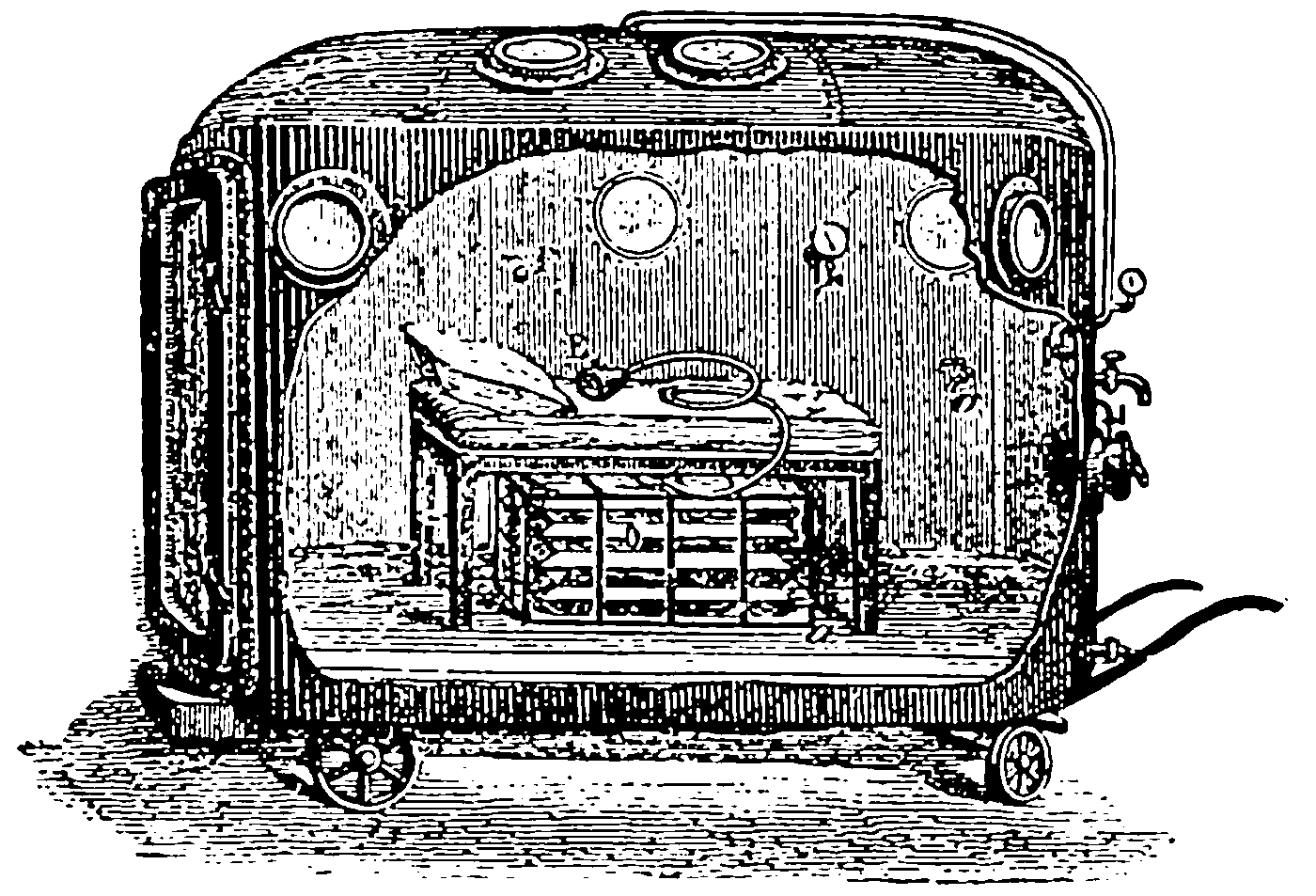Sleep
Pathologies and hacks
April 19, 2017 — August 15, 2023
Suspiciously similar content
Things about sleep.
1 Do we sleep enough?
The photogenic researcher who keeps on making pronouncements about the pathologies of modern work schedules, and whose name I can never remember is Till Roenneberg. He is attached to the EUCLOCK project, and the MPG and LMU etc. I’m not convinced, BTW, by the Munich Chronotype Questionaire due to him and Martha Merrow; the questions make almost no sense for my own personal routine, so I wonder who else they cover poorly? Plus there is all the usual challenges of inferring anything from a survey. However, the strident lifestyle advice that these folks give out rests on more data than that particular survey, I hope (?)
AFAICT the question of sleep is not at all solved. Alexey Guzey, argues.
If you take one thing away from this entire essay, remember this: as long as you feel good, sleeping anywhere between 5 and 8 hours a night seems basically fine for your health …, regardless of whatever Big Sleep wants you to believe.
All of the evidence we have about sleep and long-term health is in the form of those essentially meaningless correlational studies, but if you’re going to use bad science to guide your sleep habits, at least use accurate bad science.
2 Why do we sleep?
This is suggestive. The electrochemical pump that seems to clean out the crap from our brains. Maybe. (Fultz et al. 2019) (“why” in evolutionary context is always fraught anyway.
3 Getting better sleep
4 7 8 sleep method for falling asleep
I put the tip of my tongue where the ridge of the gum meets my upper front teeth before exhaling forcefully through my mouth to make a whooshing sound. Then, I close your mouth and inhale through my nose for a count of four. Next, I hold my breath to a count of seven, then exhale through my mouth making the same whoosh sound for a count of eight.
Hmm.
3.1 Light
Avoid blue light before sleep: Why blue light before bed time is bad for sleep (for some of us?) (Chang et al. 2015):
We have known for quite a while now that light is the most powerful cue for shifting the phase or resetting the time of the circadian clock. We also know that melatonin is present at low levels during the day, begins being released a few hours before bedtime and peaks in the middle of the night. Past studies have shown that light suppresses melatonin, such that light in the early evening causes a circadian delay, or resets the clock to a later schedule; and light in the early morning causes a circadian advancement, or resets the clock to an earlier schedule. […] we found that humans display a peak sensitivity to light in the blue wavelength region of the spectrum. Rods and cones […] could not account for this differential regulation of melatonin production, so we postulated another type of photoreceptor was responsible for mediating such physiological responses. These wavelength-sensitive photoreceptors were identified soon after and are known as melanopsin-containing ganglion cells
Possible get blue light in the morning though, which can be a sleep intervention (Danielsson et al. 2018; Terman and Terman 2005).
There are also Seasonal Affective Disorder interventions based on lights. I’m not sure how they relate.
3.2 Melatonin
The 2005 meta-analysis Brzezinski et al concluded that, over all (mostly healthy) adult participants, melatonin improved on placebo to the extent that it [statistically-]significantly reduced sleep onset latency by 4.0 min (95% CI 2.5-5.4) [The normal limits for latency to sleep are considered to be 15-20 min.]; increased sleep efficiency by 2.2% (95% CI 0.2-4.2) [The normal sleep efficiency is about 90-95%.], and increased total sleep duration by 12.8 min (95% CI 2.9-22.8). […] One might object that they do not wish to tamper with their natural sleep, even if melatonin is a normally-secreted hormone. Sad to say, I would point out to such readers that they are already profoundly tampering with their natural sleep cycle, and indeed, all of Western civilization is tampering with it; most of my readers do not even sleep multiple times during the day, as Nature intends and as humans have usually slept through history […]
So if you want to go to sleep (and wake up) earlier, you want to take melatonin early in the day. How early? Van Geijlswijk et al sums up the research as saying it is most effective “5 hours prior to both the traditionally determined [dim light melatonin onset] (circadian time 9)”. If you don’t know your own melatonin cycle, your best bet is to take it 9 hours after you wake up (which is presumably about seven hours before you go to sleep).
4 Snoring, sleep apnoea
- SnoreLab is smartphone app for quantifying snoring
4.1 Anti-snoring exercise
TBC
4.2 Anti-snoring garments
Garments for “positional therapy”, a.k.a. “not letting you sleep on your back” (Permut et al. 2010).
- WoodyKnows Anti Snoring Backpack (only ships to USA)
- Rematee Anti-Snore Bumper Belt (only ships to USA)
- SomnoCushion® Standard anti-snoring backpack (Only ships to Europe)
- SomnoCushion® Pro Anti-snoring backpack (only ships to Europe)
- rainbowstar Positional Sleep Aid Backpack
NB, none of these retailers will shop to Australia, even ones who clearly have the physical capacity to, such as Amazon. Presumably some quirky features of Australian therapeutic good regulations prohibits them selling padded shirts in Australia because it is too medicine-adjacent.
If you are in a jurisdiction like Australia, the following options are available and affordable:
- Sew a tennis ball into a t-shirt
- wear a backpack full of inflated goonbags in bed
They are less reliable though.
4.3 Weird machines
I Tried 6 Popular Anti-Snoring Devices. Here’s How They Did
Highlights:
When this mic-enabled system detects snoring sounds, an under-bed base station sends a burst of air up into a pillow insert, lightly shifting how your head is positioned.
I am… uncomfortable with this.
5 Incoming
Alexey Guzey, in Theses on Sleep was skeptical of sleep:
In this essay, I question some of the consensus beliefs about sleep, such as the need for at least 7 hours of sleep for adults, harmfulness of acute sleep deprivation, and harmfulness of long-term sleep deprivation and our inability to adapt to it.
It appears that the evidence for all of these beliefs is much weaker than sleep scientists and public health experts want us to believe. In particular, I conclude that it’s plausible that at least acute sleep deprivation is not only not harmful but beneficial in some contexts and that it’s that we are able to adapt to long-term sleep deprivation.
I also discuss the bidirectional relationship of sleep and mania/depression and the costs of unnecessary sleep, noting that sleeping 1.5 hours per day less results in gaining more than a month of wakefulness per year, every year
He later decided sleep might be useful.


